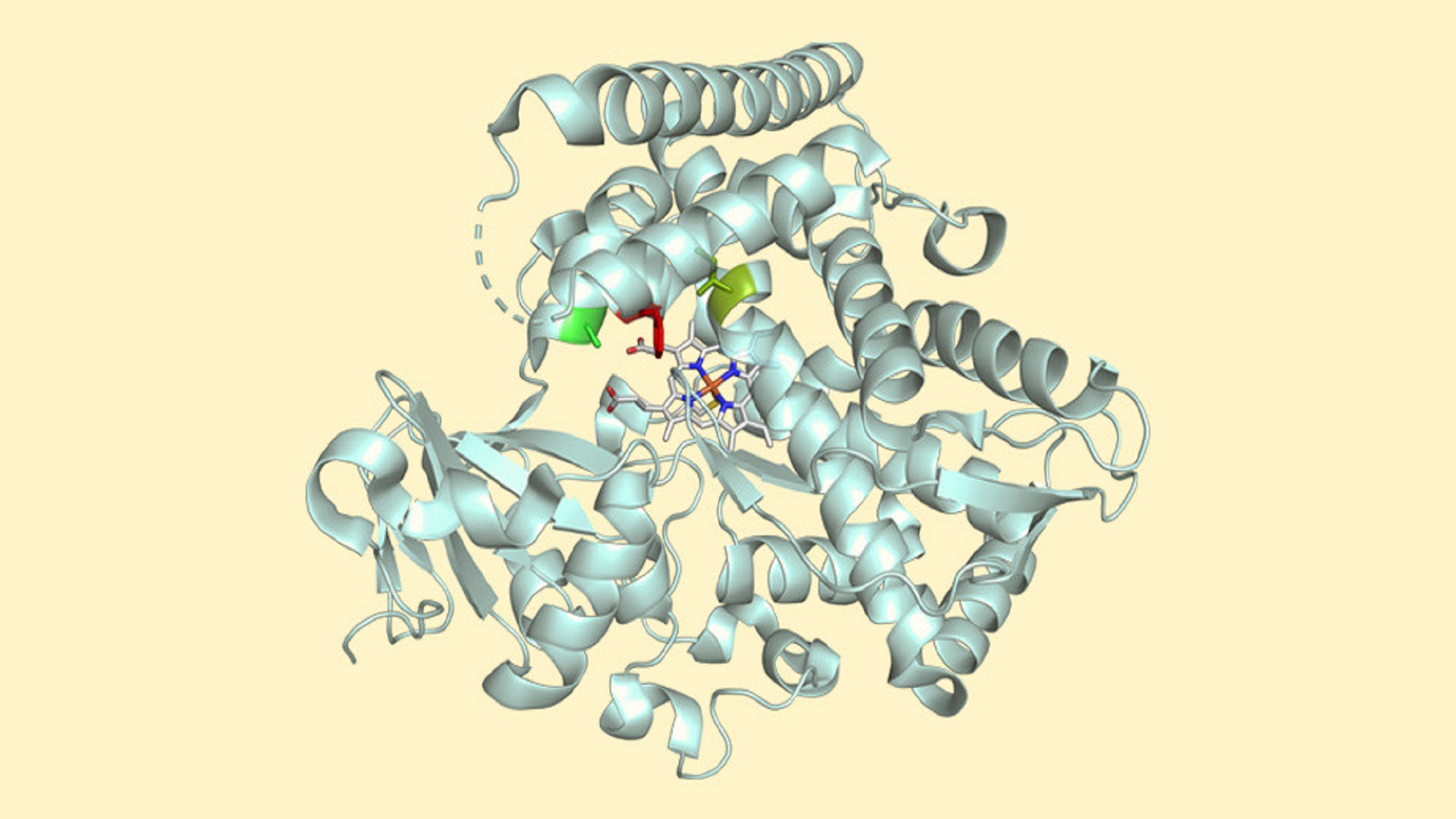New enzyme trick could slash chemical waste in drug production

Source: interestingengineering
Author: @IntEngineering
Published: 7/30/2025
To read the full content, please visit the original article.
Read original articleResearchers at the University of Basel have engineered a natural haemoprotein enzyme to catalyze metal hydride hydrogen atom transfer (MHAT) reactions, a synthetic method crucial for creating complex three-dimensional molecules used in drug and fine chemical manufacturing. This breakthrough marks the first time an enzyme has been shown to perform MHAT reactions, combining the high selectivity and mild conditions of enzymatic catalysis with the versatility of synthetic chemistry. The engineered enzyme demonstrated exceptional stereoselectivity, producing desired enantiomers in ratios up to 98:2, which is significant for drug development where different enantiomers can have vastly different biological effects.
While this hybrid biocatalytic approach offers greener, more efficient chemical synthesis with reduced waste, challenges remain. The enzyme’s high specificity limits its use to a narrow range of substrates, requiring redesign for different starting materials—a process that demands time and expertise. Additionally, the team is seeking more environmentally friendly methods to generate the metal hydride catalysts integral to the reaction.
Tags
materialsenzyme-engineeringbiocatalysisgreen-chemistrychemical-synthesisdrug-productionstereoselectivity